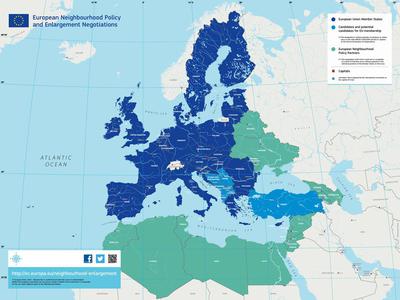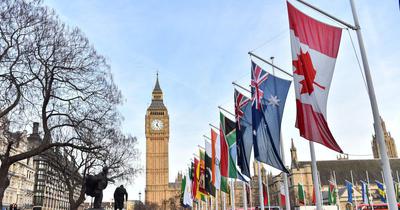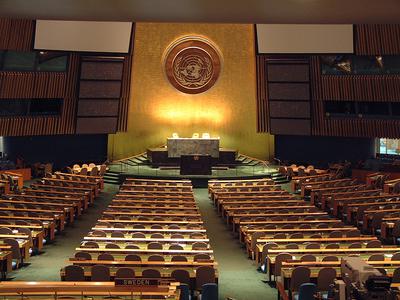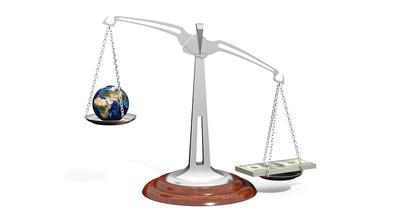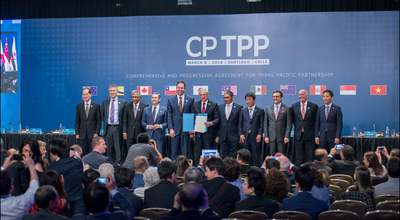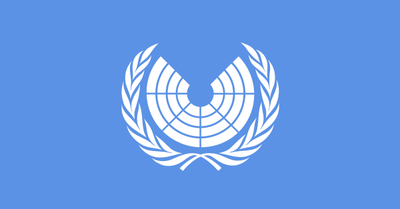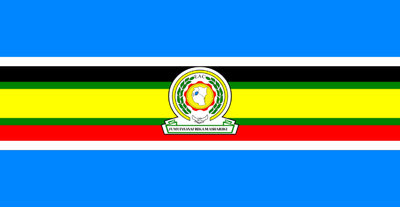
East African Federation: A New Regional Power?
In September 2018, the East African Community appointed a twelve member Committee of Experts to begin drafting a new constitution for an East African Confederation as a step towards full federation.[1] By 2021, it is hoped the bloc will have a functional constitution, to be promulgated by 2023. By the middle of this decade then, a new nation could encompass a large part of East Africa and provide a hopeful future for one of the poorest regions of Africa. This piece provides a brief overview of t
